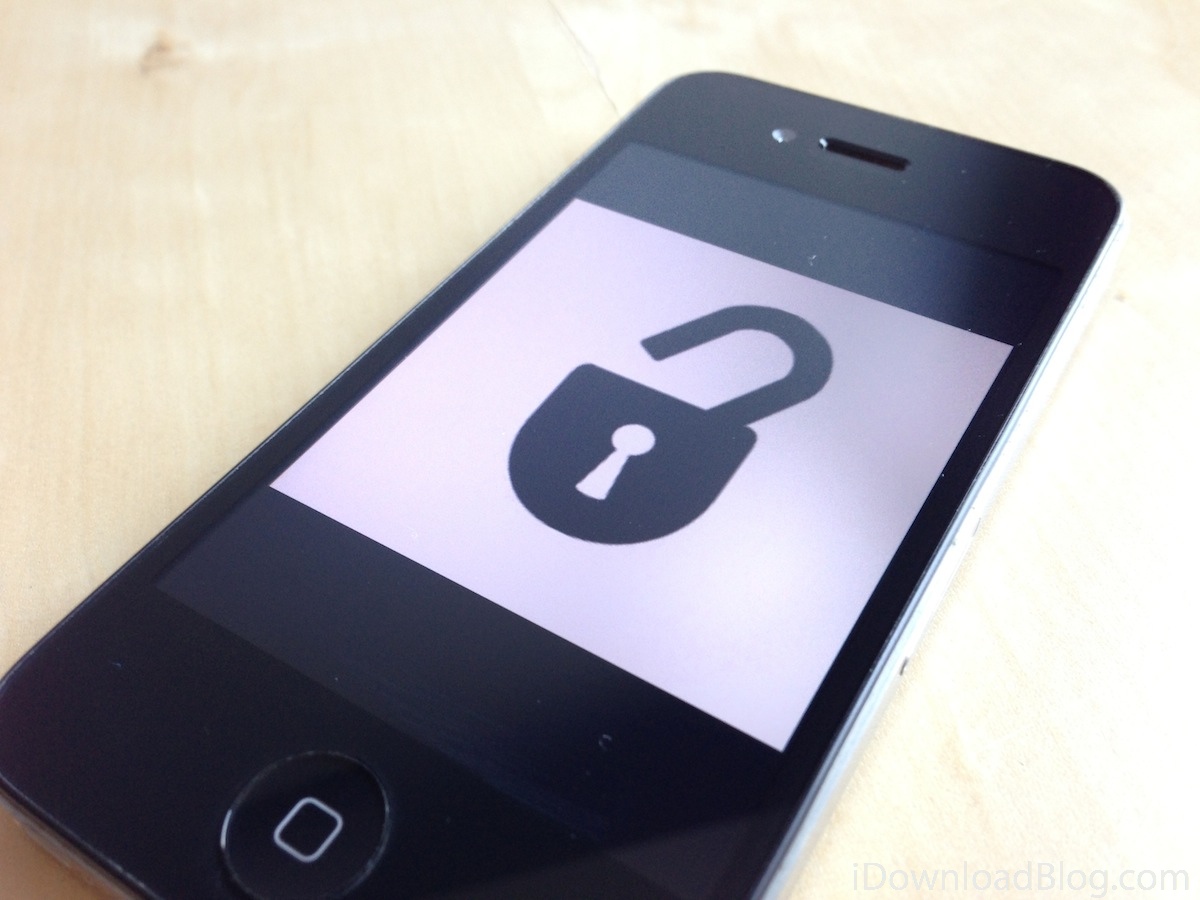After the White House last week weighed in on the still illegal cell phone unlocking in the United States, drawing responses from carriers, The Library of Congress and FCC Chairman Julius Genachowski, Democratic Senator Ron Wyden announced on Twitter yesterday his proposal of a new bill dubbed the Wireless Device Independence Act to ensure that owners of mobile phones are allowed to bypass copy protection and unlock their devices without being scrutinized as criminals.
Arguing “it’s a freedom issue”, the Senator confirms the bill seeks to amend a section of the United States Code covering the circumvention of copyright protection systems. A few other lawmakers voiced their support for unlocking as well, having announced plans to introduce legislation to make the practice legal again…
According to TechHive, the proposed bill aims to amend Section 1201(a)(1)(B) of title 17 of the United States Code dealing with copyright protection circumvention.
You bought it, you should be able to use it. My Wireless Device Independence Act ensures you can unlock your device: 1.usa.gov/XUJv4C
— Ron Wyden (@RonWyden) March 5, 2013
The Hill adds that Chairman Patrick Leahy and Chair of the Judiciary Committee’s Subcommittee on Antitrust, Competition Policy, and Consumer Rights Senator Amy Klobuchar are both moving forward with similar bills of their own.
Leahy said in a statement:
I intend to work in a bipartisan, bicameral fashion to restore users’ ability to unlock their phones and provide them with the choice and freedom that we have all come to expect in the digital era.
Klobuchar added:
Consumers should be free to choose the phone and service that best fits their needs and their budgets.
A White House petition calling for (again) allowing cell phone unlocking drew more than 110,000 signatures.
Responding to the petition, The White House has acknowledged that “consumers should be able to unlock their cell phones without risking criminal or other penalties,” noting the same rights should extend to other mobile devices such as tablets.
The Library of Congress agrees that “the question of locked cell phones has implications for telecommunications policy and that it would benefit from review and resolution in that context.”
FCC Chairman Julius Genachows stated the agency is “examining this issue, looking into whether the agency, wireless providers, or others should take action to preserve consumers’ ability to unlock their mobile phones.”
Needless to say, greedy carriers aren’t impressed.
A statement released by the CTIA, a trade body representing carriers’ interests, reads that folks have “numerous options” when purchasing mobile devices.
They may choose to purchase devices at full price with no lock, or at a substantially discounted price – typically hundreds of dollars less than the full price – by signing a contract with a carrier.
When the contract terms are satisfied, or for a reason that is included in the carrier’s unlocking policy – such as a trip outside the U.S. – carriers will unlock a phone at their customer’s request.
What the carriers don’t explain is why they have been legally allowed to get away with their practice of locking devices to a certain wireless network.
Further reading: how to unlock the iPhone.
